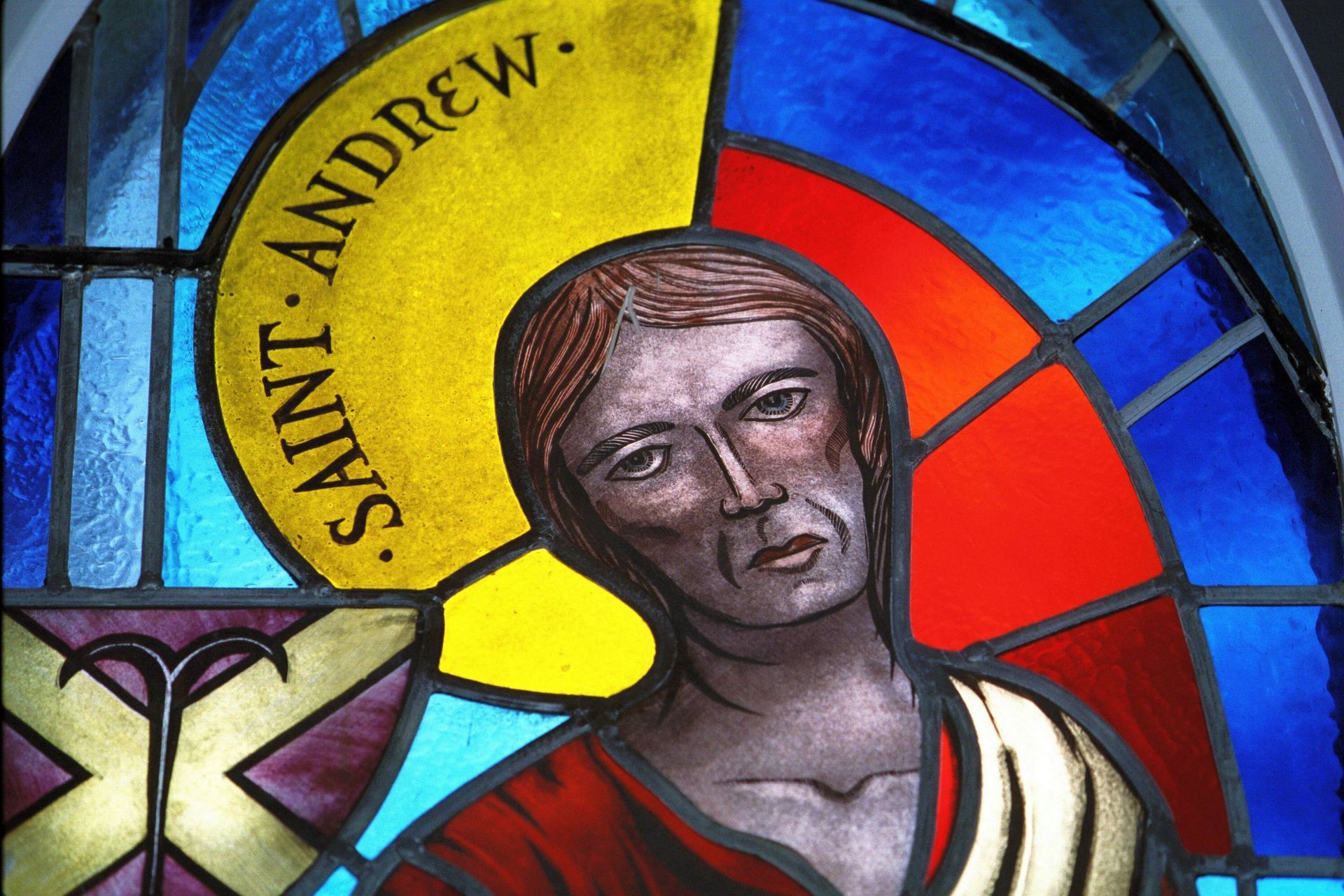It's the Law

IT'S THE LAW
By John Santosuosso
"You shall not round off the hair on your temples or mar the edges of your beard." (Leviticus 19:27)
"You shall keep my statutes. You shall not let your animals breed with a different kind; you shall not sow your field with two kinds of seed; nor shall you put on a garment made of two different materials." (Leviticus 19:19)
The rumors that some of my former students liked to spread, that I was too old to have ever been a child, just were not true. Many years ago I had a childhood, along with my two sisters, one older, one younger. My God-fearing parents of course sent us off to Sunday School every week, in the hope that we were to learn the paths of righteousness. I well remember some of my early Sunday School teachers. They were kind, loving, well-meaning. However, despite this environment I did develop a bad habit that caused them problems on more than one occasion. I asked a lot of questions. I asked too many questions. For example, if Methuselah could live 969 years was it possible we might get at least 200. I regret that I never asked if Noah kicked the unicorns off the boat for some now long-forgotten offense.
There was one matter that particular disturbed me as a young lad. At a too-early age we got subjected to some of those legal passages in the Torah, including those in Leviticus and Numbers. That was heavy stuff, and to a kid it seemed God might have found better things to do with His time than instruct Hebrews on how to trim their beards. Although questions about facial hair ran through my mind, even more disturbing were all those dietary laws. Did God really say owl was off limits? (Leviticus 11:16-18) My Mother had never served owl, nor do I recall any of my friends remarking that they had enjoyed that delicacy. Now we never ate owl, but we did eat pig, though we hid this fact by calling it pork, ham or bacon. That also had been forbidden (Leviticus 11:7). Plus my Jewish friends seemed to think that pig was a much greater offense than owl, though some admitted to trying pig but never owl.
To comprehend such matters required help for my friends and me. We of course asked our teachers. The best they could do was to tell us you could get sick if pork was not cooked properly. We wondered if God thought Hebrew women were poor cooks. It did not seem to say so in Leviticus. Well, I think we simply moved on to other lessons, leaving behind certain omissions and deficiencies in our early Christian education.
The years go by, and as the challenges of college, starting a career, and falling in love appeared the mischief and genuine curiosity of early childhood faded away. So did Leviticus. It would be quite a few years before the luxury of more time would pull me back to explore some of those unanswered questions of long ago. I am glad that eventually happened, because what I discovered helped open the Hebrew Scriptures (Old Testament) to an understanding I had lacked earlier in life. It was a humbling experience to some extent. God knew more than I did about this stuff.
One of the first things I discovered is that the part of Leviticus that often seems the most difficult to understand is known as the Holiness Code. It extends from Chapter 17 through 26 and also includes Chapter 11. The Holiness Code takes its name from the fact that all the Hebrew people were expected to live by it, not just the priests. It is a key part of the Torah, or the Law.
There still is considerable disagreement over why the dietary laws in particular were included. Many continue to argue they were for health and sanitary purposes. However, eating raw chicken can make you sick just as quickly as uncooked pork. Pork is forbidden. Chicken is not. If you start searching you will find a number of other explanations, none of which I find very satisfying. However, although not everyone embraces it, there is one theory that I think unlocks the key to understanding much of the Torah and in turn much of the Old Testament. To find that key we need to take a quick look at Hebrew history.
In the year 722 BC the Assyrians concluded their conquest of the northern Hebrew Kingdom of Israel, and sent most of its inhabitants into exile (II Kings 17:5-6). These ten tribes living in an alien land eventually lost their identity, entered into marriages with the local population, and disappeared from history. They are sometimes referred to as the "ten lost tribes."
In the year 587 BC the Chaldeans (New Babylonians) led by King Nebuchadnezzar II conquered Jerusalem, destroyed the Temple of Solomon, and sent the Judeans into exile in Babylon (II Kings 25, Jeremiah 52:16, Psalm 137). Their fate could have been the same as that suffered by their brothers and sister in the Northern Kingdom of Israel. However, the leadership of Judah, particularly the priests, were aware of what happened. They were determined that it would not happen to the exiles of the Southern Kingdom.
The earliest Hebrew Law Codes are to be found in chapter 20 through 23 of the book of Exodus, and include the Ten Commandments. Some of this dates back to the time of Moses. As needed, additional codes were developed later in Hebrew history. Now the priests took these codes, collected additional material, and edited the entire collection. Their editorial work includes much of what we find in the Torah (first five books of the Old Testament today).
Torah, often translated as the Law, but more properly as Guidance or Instruction, contains 613 basic commandments. Here is a key point. Rabbinical scholars claim only SEVEN of these are considered obligations of gentiles (non-Jews). They are as follows: Do not worship idols, do not murder, do not steal, do not eat live animals, do not curse God, do not commit adultery, do establish judges and courts of justice. ALL 613 are considered obligations of Jews. Most Jewish law was never intended to apply to non-Jews! So why does this great difference exist?
The priests of Judah were geniuses. Judah was in exile. It had no government, no land, nothing to hold the exiles together. By proclaiming Torah they give the Judeans the one thing they needed, a culture, a sense of identity. They deliberately made observance involved, challenging, and just plain difficult. If you were going to claim a Jewish identity you were going to have to prove you were serious about it. Likewise, while gentiles who wanted to convert would be welcome, they would have to take on the serious task of observing the Torah. Did it work? Because of Torah the Jewish people were able to survive the Babylonian captivity and maintain an identity without a homeland until the mid-twentieth century when the state of Israel was finally established. For Jews, the Torah is a life giver. We Christians have usually failed to understand that.
So why does Saint Paul refer to Torah as a stumbling block? Paul had the blessing and the authority of the church at Jerusalem to be the missionary to take the Gospel to the gentiles (Galatians 2). Remember the vast majority of the Torah was never intended to apply to gentiles. Paul needed to preach faith and forgiveness through the crucifixion and resurrection of Jesus Christ, and that is precisely what he did.
So where are we today? Can we read the Old Testament with Jewish eyes? It is after all the Hebrew Scriptures. Can we understand that for Jews it has a special message not intended for Christians? Christians see in it the coming of the Messiah. Jews see the preservation of the people God first chose to proclaim His love for everyone (see Isaiah). Will we permit God to act as God sees best? I hope, like Paul, I no longer think like I did as a child. This story is not really about owls and pork, but about a God who loves all people and will seek them out whatever their needs, wherever they may be.










